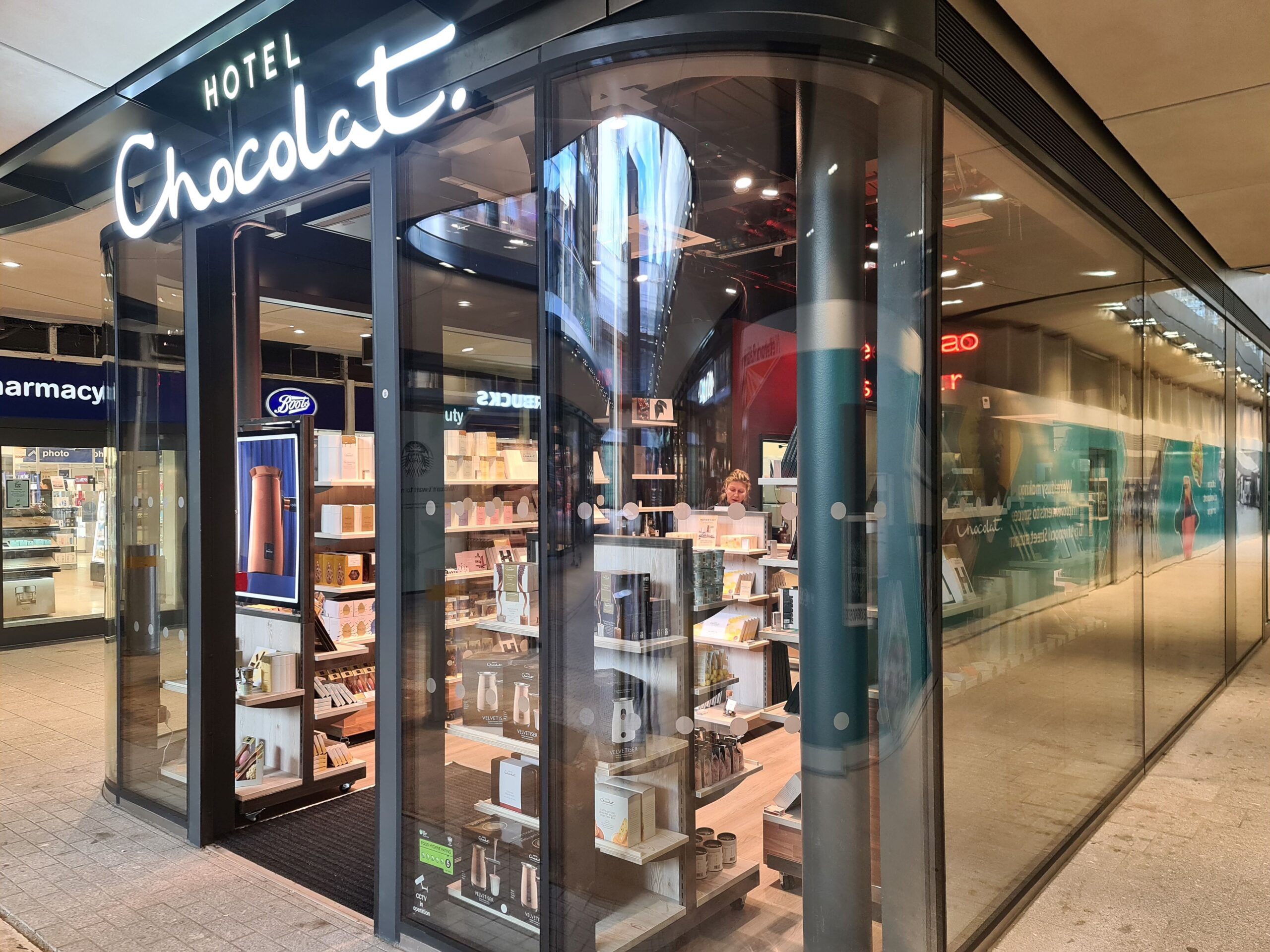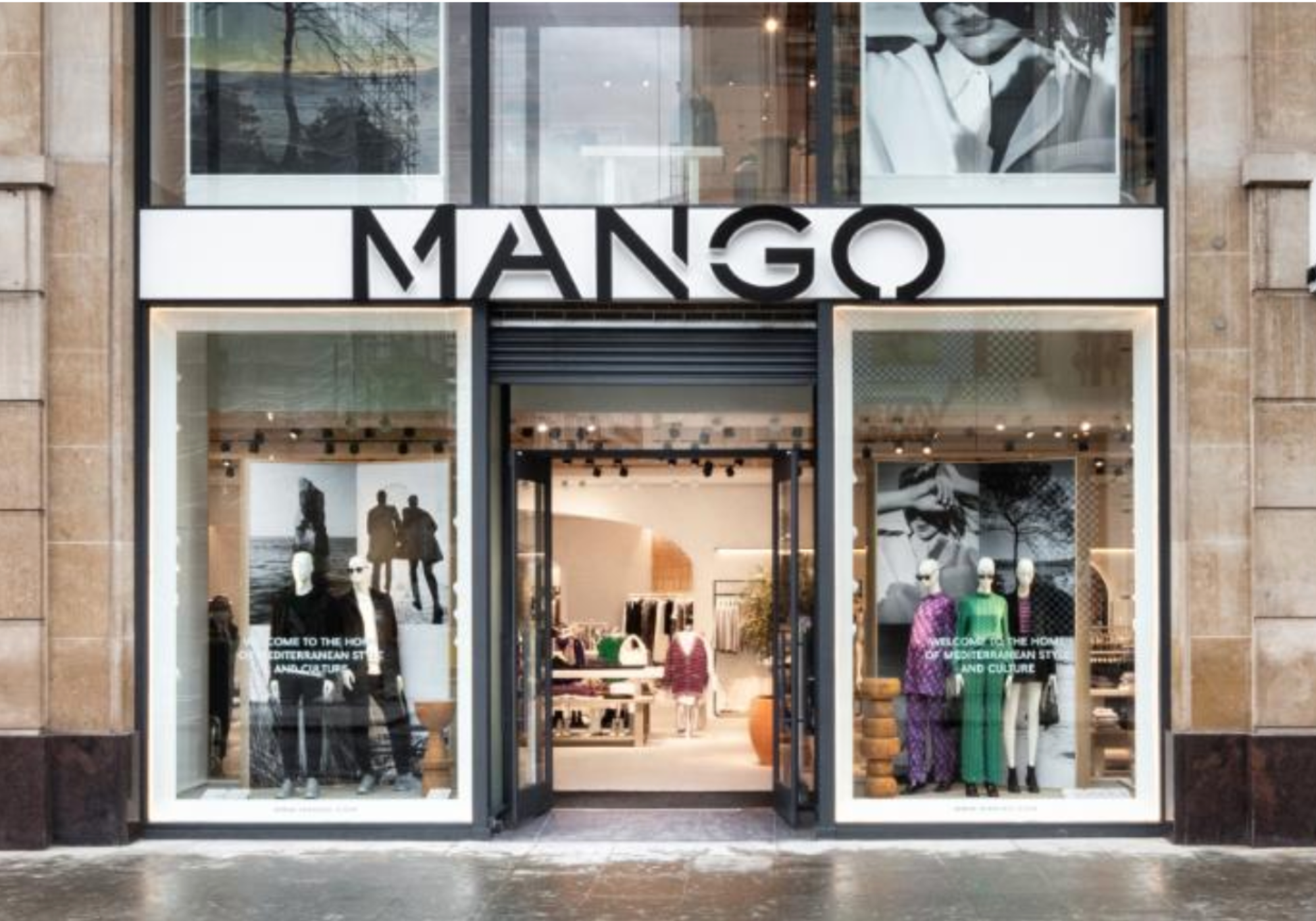Strong Customer Authentication (SCA) regulation comes into force today in what’s been described as the biggest single change to online payments since Chip & Pin was introduced 16 years ago.
The change means that from now when shoppers pay on a retail website they must verify themselves each time they pay. The British Retail Consortium (BRC) says customers will be asked to confirm two of three factors: something they are – like a fingerprint or facial ID – something they know – like a passcode or password – or something they have, like a mobile phone. Customers could need to confirm a purchase using a code sent through a text message to a mobile phone, or sent in an automated phone call to a landline or mobile, or received via a smartphone app.
The aim of the new regulation is is to cut online fraud, with £376m having been lost to fraud in 2020, according to Barclaycard Payments. Some low-risk transactions are exempt, such as low-cost purchases or regular subscriptions, says the BRC.
Tom Ironside, director of business and regulation at the BRC, says: “Retailers have been working hard to prepare for the Strong Customer Authentication requirements, ensuring online purchases are both as safe and easy as possible. The BRC and our members have worked with suppliers to ensure multiple fraud checks are performed behind the scenes and any addition friction is kept to a minimum. Customers should be reassured that buying online has never been safer.”
SCA ready?
Payments specialist Adyen has said that its own recent research suggested that 44% of businesses did not have an SCA solution in place. “This creates a major hurdle for those businesses,” says Colin Neil, MD of Adyen UK. “Not only do they risk falling foul of regulators, they may also find their customer experience suffers.”
He adds: “One of the concerns that brands had about this legislation was that the additional authentication process would harm their conversion rates.
“While this concern was not without base originally, technology has come a long way since the existing proposal. SCA can now be provided without any additional friction to the customer experience. The right payments processor will enable SCA checks to be completed in the background while the customer completes the transaction. Importantly, the experience can now be entirely frictionless whether the customer is on a computer, mobile or any other device.
“SCA may seem like an inconvenience in the short term, but in the longer term it will be a vital tool for businesses to manage risk and reduce fraudulent transactions. It will also demonstrate a commitment to consumer security which will help build trust and strengthen loyalty.”
The run-up to SCA
SCA started to be rolled out in February and since then, says Barclaycard Payments, more than 1.2m online transactions worth more than £100m in total have been declined because online businesses weren’t able to put them through an SCA compliant channel – such as approval of a transaction via a bank app, or a one-time code sent by text message or on a physical card reader.
Barclaycard Payments questioned both shoppers and online retailers and found that 14% noticed that more of their online payments had been declined, while 37% went to another retailer to complete their purchase. More than a third (37%) said that if their payment was rejected without explanation they would be less likely to shop from a merchant in future. And 28% of abandoned baskets are because of friction at the checkout, with shoppers saying it took too long to pay.
It says that retailers who don’t comply with SCA risk losing out on millions in each day sales. In February, Barclaycard Payments saw 43,000 transactions a day worth £3.64m declined at the point of sale.
Rob Cameron, chief executive of Barclaycard Payments, says: “The introduction of mandatory SCA is the most significant payments milestone since the rollout of Chip & Pin more than 16 years ago. While the new regulation is a positive step to keep customers’ data safe online, our research shows that shoppers are inclined to abandon transactions if it takes too long to check-out, demonstrating how important it is for businesses to have sophisticated fraud checks in place.
“Merchants who aren’t yet ready should start to prioritise becoming compliant to avoid losing out on sales. Our data has already shown the impact of not being prepared, and this will only get worse if steps are not taken now. The message to retailers is clear; if you don’t make buying online quick and easy for your customers they will simply go elsewhere.”
George de Heer, head of development at general retailer The Range, says: “We sell more than 90,000 different products through our digital channels and strive to ensure that every online transaction is smooth, secure and seamless.
“The full SCA rollout makes that more of a challenge. With the support of Barclaycard Payments, we’re using Barclaycard Transact to reduce the friction that SCA creates, and even harness machine learning capabilities to better detect incidents of fraud. Our goal is to make the checkout process as easy and safe as possible. Barclaycard Payments’ data reflects our own findings, that a complex, or lengthy checkout process leads to consumers dropping out, and this can have a sizable financial impact to any organisation.”







